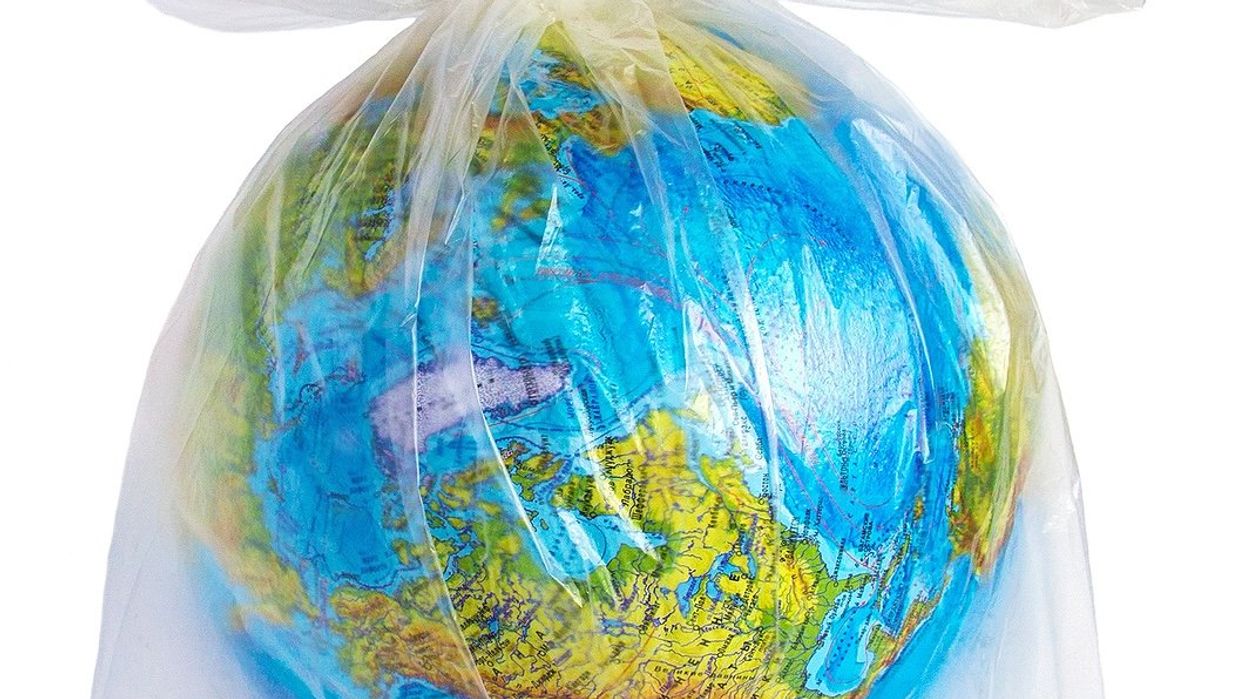Health insurers in India are considering a 10-15% increase in premiums for new policies in Delhi as pollution-related health claims rise, reflecting the growing burden of air pollution on public health.
Murali Krishnan reports for Deutsche Welle.
In short:
- Delhi remains the most polluted capital city, with India ranking fifth globally for air pollution, according to IQAir's 2024 World Air Quality Report.
- Insurers are assessing whether pollution should be factored into health policy pricing, though proving its direct impact on claims requires extensive data.
- Experts warn that worsening air quality could lead to an epidemic of lung-related diseases, increasing healthcare costs nationwide.
Key quote:
"We could be soon seeing an epidemic of lung cancer in India because of air pollution. Not only that, every system in the human body is affected by air pollution."
— Arvind Kumar, surgeon and founder of Lung Care Foundation
Why this matters:
India’s air pollution crisis is becoming an economic issue as insurers consider factoring environmental risk into pricing. In cities like Delhi, where toxic air is already shortening lives and straining hospitals, higher insurance premiums could add financial pressure on millions. With pollution driving chronic illnesses like lung disease and heart conditions, the healthcare system is already overwhelmed, and costlier coverage could deepen economic disparities, especially for lower-income residents.
The debate raises questions about accountability — should individuals bear the financial burden of pollution, or should it be borne by policymakers and industries responsible for poor air quality? As toxic air continues to take a toll on public health, the intersection of pollution, healthcare, and economic policy is growing more urgent, highlighting the broader costs of environmental degradation.
Related EHN coverage: LISTEN: Pallavi Pant on decolonizing global air pollution research















